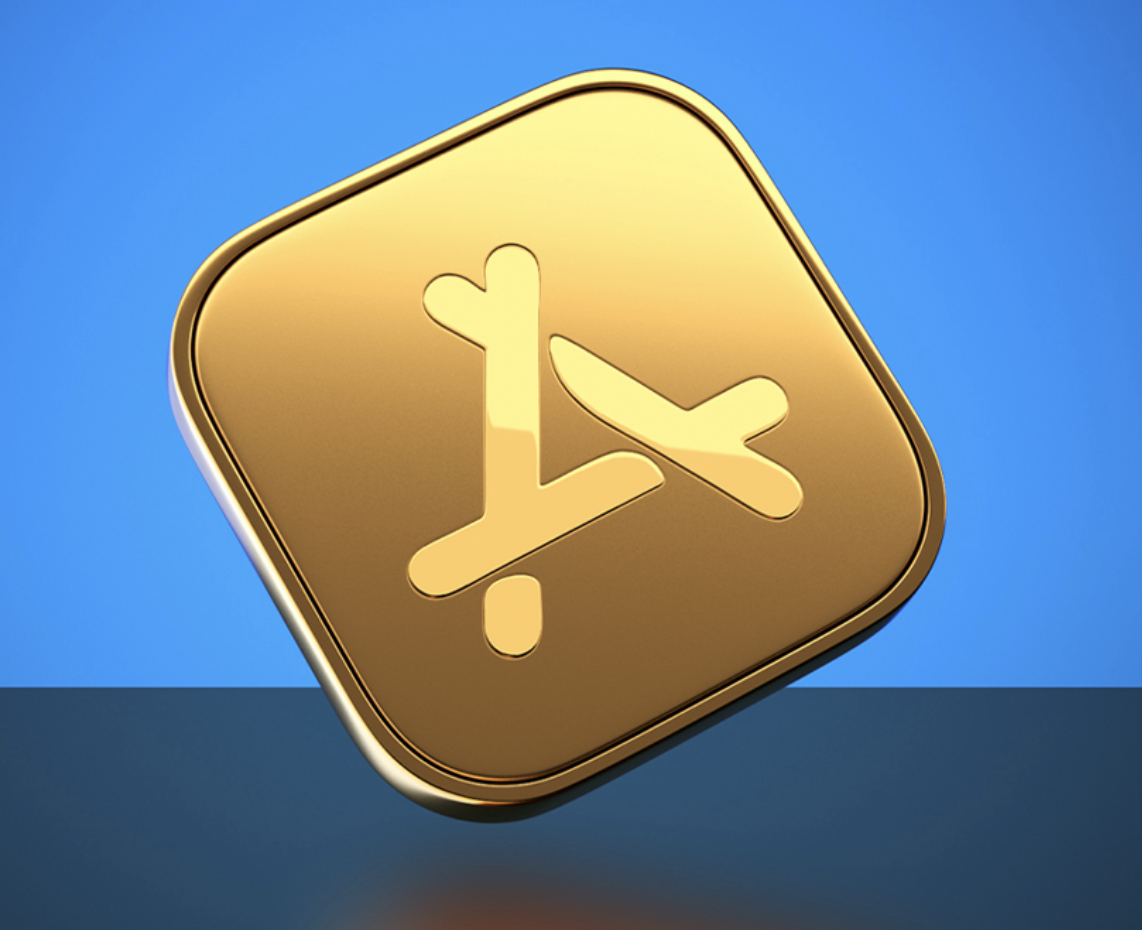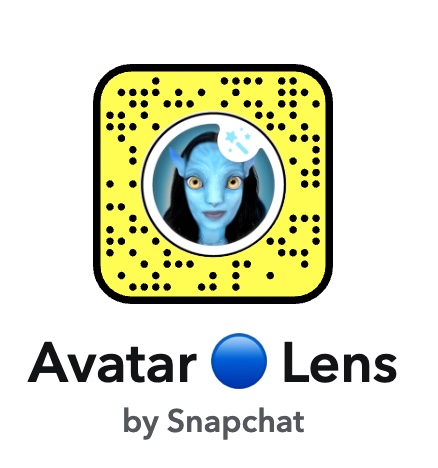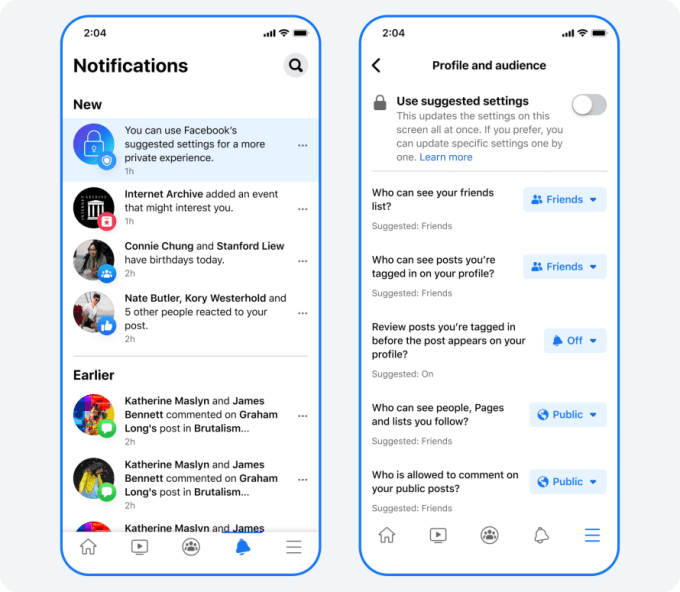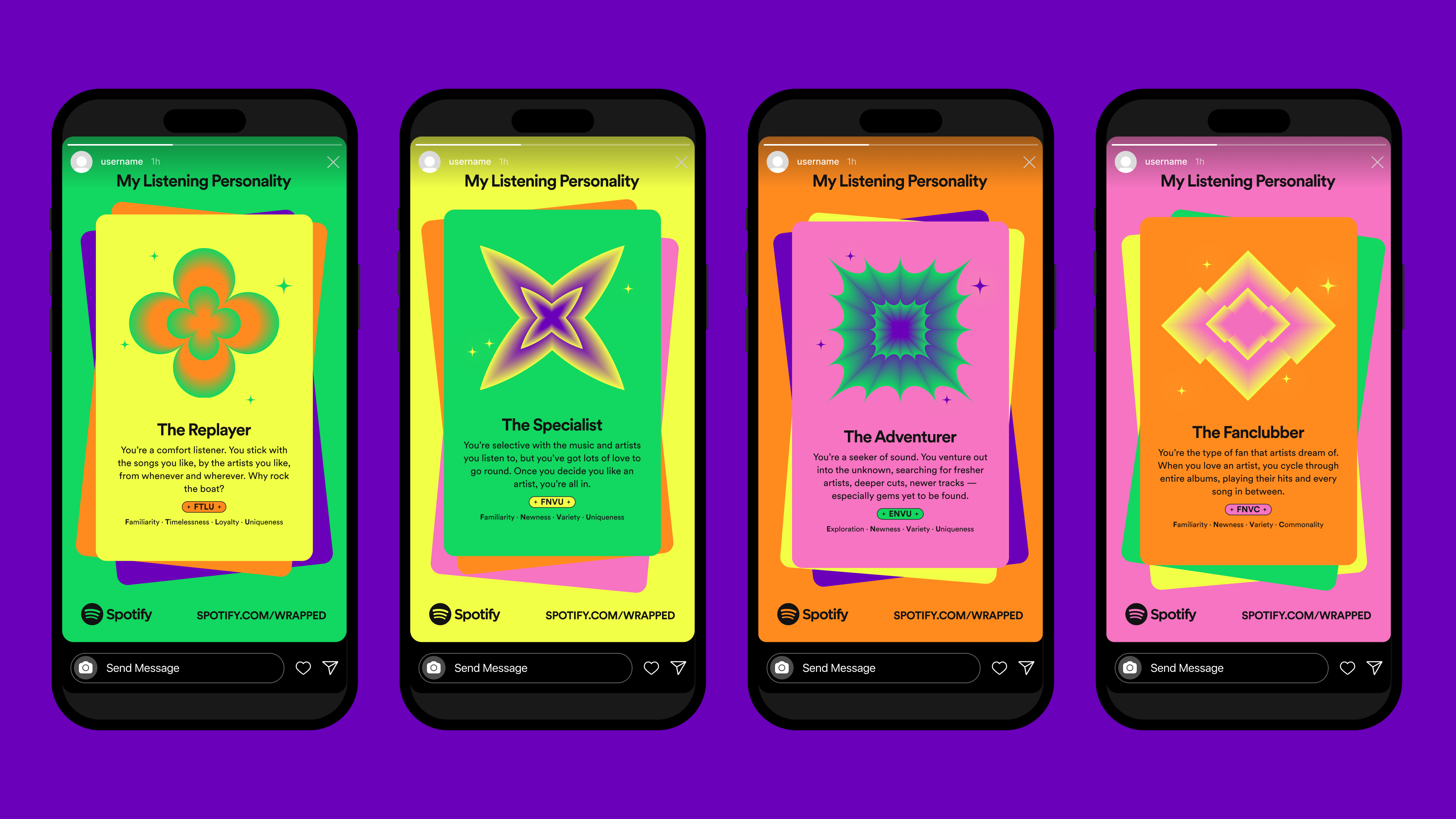Welcome back to This Week in Apps, the weekly TechCrunch series that recaps the latest in mobile OS news, mobile applications and the overall app economy.
Global app spending reached $65 billion in the first half of 2022, up only slightly from the $64.4 billion during the same period in 2021, as hypergrowth fueled by the pandemic has slowed down. But overall, the app economy is continuing to grow, having produced a record number of downloads and consumer spending across both the iOS and Google Play stores combined in 2021, according to the latest year-end reports. Global spending across iOS and Google Play last year was $133 billion, and consumers downloaded 143.6 billion apps.
This Week in Apps offers a way to keep up with this fast-moving industry in one place with the latest from the world of apps, including news, updates, startup fundings, mergers and acquisitions, and much more.
Do you want This Week in Apps in your inbox every Saturday? Sign up here: techcrunch.com/newsletters
Elon Musk wasn’t happy with Apple this week. The new Twitter exec claimed Apple threatened to remove the app from the App Store — which was not likely true. Instead of taking on the claims directly and starting a Twitter fight, Apple CEO Tim Cook invited Musk to Apple’s campus, where they took a walk and resolved their differences. Or at least that’s how Musk put it, referring to the potential Twitter ban as a “misunderstanding.”
Good conversation. Among other things, we resolved the misunderstanding about Twitter potentially being removed from the App Store. Tim was clear that Apple never considered doing so.
— Elon Musk (@elonmusk) November 30, 2022
“Tim was clear that Apple never considered doing so,” said Musk regarding Twitter’s potential App Store removal.
That’s not to say Apple wouldn’t ever ban Twitter one day if it found itself so unmoderated that it was allowing unchecked hate speech or stoking violence. It once took action against Parler, and Twitter could see App Store policy enforcement if it devolved as well.
The Musk-Apple drama stirred others to tweet their App Store issues, too.
Spotify CEO Daniel Ek, for example, tweeted a long thread referencing Spotify’s anti-competitive complaints against the company, pointing also to Musk’s recent tweet railing against the 30% Apple tax.
Four years ago, we filed a complaint detailing @Apple’s anticompetitive practices. Some context. https://t.co/IljYEaCydc
— Daniel Ek (@eldsjal) November 30, 2022
Another longtime Apple critic, Coinbase, also posted a Twitter thread this week where the company claimed that users could no longer “send NFTs” in Coinbase Wallet on iOS because Apple decided to block the app’s last release until the feature was disabled. “Apple’s claim is that the gas fees required to send NFTs need to be paid through their In-App Purchase system, so that they can collect 30% of the gas fee,” the company’s official Twitter account stated. “For anyone who understands how NFTs and blockchains work, this is clearly not possible,” it said. “Apple’s proprietary In-App Purchase system does not support crypto so we couldn’t comply even if we tried.”
You might have noticed you can't send NFTs on Coinbase Wallet iOS anymore. This is because Apple blocked our last app release until we disabled the feature. 🧵
— Coinbase Wallet (@CoinbaseWallet) December 1, 2022
Gas fees are part of making transactions on a blockchain, but not a part that Coinbase profits from. Although some NFT marketplaces allow consumers to purchase NFTs using dollars instead of cryptocurrencies, that’s not the case here. Today, if a Coinbase user is trying to transfer an NFT to another person for free, they’d still have to pay a gas fee to complete the transaction — in cryptocurrency, not U.S. dollars. This fee goes to the blockchain’s validators, not Coinbase. And it fluctuates constantly based on a variety of factors, including how many transactions are taking place on that blockchain at the time.
Still, Apple’s new rules around NFTs require the use of in-app purchases for things like “minting, listing, and transferring,” they say. What’s not clear here is if an App Reviewer made a mistake in trying to apply Apple’s tax on what’s already sort of a tax or if Coinbase was intentionally trying to stoke consumer outrage. If the latter, it may have worked — the tweets made headlines, and prompted Epic Games CEO Tim Sweeney, whose company is currently suing Apple and Google over monopolistic practices, to chime in.
“If they can lawfully add a 30% Apple Tax to all NFT transactions, then they can lawfully add a 30% Apple Tax to all online banking and stock trading transactions,” Sweeney said.
If they can lawfully add a 30% Apple Tax to all NFT transactions, then they can lawfully add a 30% Apple Tax to all online banking and stock trading transactions.
The App Store monopoly is seizing control of the American economy. Apple must be stopped! https://t.co/zTV8iVFUfm
— Possibly Tim Sweeney (@TimSweeneyEpic) December 1, 2022
Apple, in response to the Coinbase situation, said it would continue to work with Coinbase, as it does with all developers, to “explore viable solutions in this evolving space.” Hmm.
Meanwhile, speaking at The NYT’s Dealbook conference this week, Meta CEO Mark Zuckerberg had some sharp comments for Apple as well, with regard to its control of the app ecosystem.
“Apple has sort of singled themselves out as the only company that is trying to control unilaterally what apps get on a device,” Zuckerberg said. “I don’t think that’s a sustainable or good place to be.” The exec also noted that Google at least allowed users to sideload apps, which is what Meta plans to do with its VR ecosystem and AR headsets.

Image Credits: Vlad Georgescu (opens in a new window) / Getty Images
Image Credits: Vlad Georgescu (opens in a new window) / Getty Images
The team at the newly popular Twitter alternative Hive is in over its head. The company this week took the fairly radical step of fully shutting down its servers for a couple of days in response to concerns raised by security researchers who discovered a number of critical vulnerabilities on Hive, several of which they say remain unfixed. The issues they found would allow attackers access to all data, including private posts and messages, shared media and even deleted direct messages, as well as the ability to edit other people’s Hive posts.
The researchers, a part of a German collective called Zerforschung, claimed they confidentially reported the security vulnerabilities to Hive’s team, noting it was initially difficult to reach a point of contact at the company. Several days later, Hive replied, claiming the issues to be fixed, a Zerforschung blog post explains. However, the researchers found this was not the case, so they took their concerns to the public, warning people against using Hive’s app.
Shortly after, Hive announced it was temporarily shutting down its servers to address these problems. It also claimed, across several tweets, that they never told the researchers the issues were “fixed” but that they were “fixing” them, eventually deciding to go offline until problems were addressed.
It’s an unusual way to patch bugs, to say the least, and one that raises questions about the development workflow at the company. Is there not a dev environment where code is fixed, then staged for a release? How bad was the code that it requires a full stop of company operations to rework it?
Hive said the app will come back online after the issues are fixed and hinted it was raising funds that would allow it to implement more protections in the future. The company claims to have 2 million users, but data.ai only sees around 1.7 million total downloads.
Twitter alternative Hive shuts down its app to fix critical security issues
In October, Kanye West, who now goes by Ye, announced alongside Parler’s owner that he would be purchasing the conservative-leaning social network for an unknown sum. But that deal is now off. The news followed West’s antisemitic statements during an interview with conspiracy theorist Alex Jones, where the rapper praised Hitler and Nazis. In a statement, Parler’s owner Parlement Technologies confirmed the two have parted ways, saying the company “has mutually agreed with Ye to terminate the intent of sale of Parler.”
“This decision was made in the interest of both parties in mid-November. Parler will continue to pursue future opportunities for growth and the evolution of the platform for our vibrant community,” the statement read.

Image Credits: Apple
Image Credits: Apple
It’s time for the annual app store awards. This year, relative newcomer BeReal — which hasn’t managed to ship a new feature all year — made it to the top of both stores’ “best of 2022” lists. Apple dubbed the photo-based social network its “App of the Year” while Google Play gave it the User’s Choice award. The app is a curious pick for a winner. Though BeReal has clearly gained a following, especially among younger Gen Z users, the company has yet to find a business model. That means Apple and Google make no money off the app’s promotion. Call me cynical, but it’s surprising the app platforms would tout an app that doesn’t directly benefit their bottom line in some way or one that at least makes clever use of some newer technology they’re trying to promote, like AR or GameKit. Instead, BeReal is a fairly basic app — you take photos and post them. They later disappear.
Perhaps Apple wanted to make a point by promoting an app that had no in-app purchases or one that would allow it to remind consumers (and developers!) that the App Store still produces relevant hits.
Other Apple winners included GoodNotes 5 for iPad, MacFamilyTree 10 for Mac, Vix for Apple TV and Gentler Streak for Apple Watch.
Apex Legends Mobile was iPhone game of the year and Google’s best game winner, while Moncage was the winner for iPad.
Google picked Dream by WOMBO as this year’s Best App in the U.S., and released variations of its top list across its global markets.
Platforms: Apple
E-commerce & Food Delivery
Augmented Reality

Image Credits: Snapchat
Image Credits: Snapchat
Fintech

Image Credits: Meta
Image Credits: Meta

Image Credits: Spotify
Image Credits: Spotify

Image Credits: Netflix
Image Credits: Netflix
🤝 Mark Cuban-backed streaming app Fireside, which offers podcasters and other creators a way to host interactive, live shows with audience engagement, acquired the open streaming TV platform Stremium. The deal, for an undisclosed sum, will allow Fireside’s shows to become available to a range of connected TV devices, including Amazon Fire TV, Roku, smart TVs and others.
💰 Cobee, a Madrid-based app offering employee benefits, raised €40 million in Series B funding, co-led by Octopus Ventures and Notion Capital. The app helps employees browse and activate the benefits their employer offers, including programs for meals, transportation, day care, training, gift cards, rent, life and health insurance and soon, more.
💰 Fizz, a social media app for college students, raised $12 million in Series A funding led by NEA. The app co-founded by Stanford dropouts Teddy Solomon and Ashton Cofer is now led by seed investor Rakesh Mathur and is now live on 25 college campuses and is only available to college students. Students can publish text posts, polls and photos anonymously — a formula for fast growth that typically comes with serious repercussions at scale.
💰 Daylight, an LGBTQIA+-friendly digital bank, raised $15 million in Series A funding led by Anthemis Group. The fintech differentiates itself by offering debit cards with customers’ chosen names, which don’t always match their ID, and it offers 10% cash back when they support queer and allied business partners, in addition to more standard mobile banking features.
💰 Digital photo frame maker Aura raised $26 million in a mix of debt and equity led by Lago Innovation Fund. The company’s app, which now nears 3 million users after selling 1 million photo frames, helps connect family members connect and share their photos across devices.
💰 Feature phone platform startup KaiOS raised $3.4 million in the form of a convertible note from Finnfund, an impact investor out of Finland. The company previously raised $50 million from Cathay Innovation, Google and TCL in 2019. The company says over 170 million KaiOS devices have shipped.
💰 New Delhi-based diabetes management app BeatO raised $33 million in Series B funding led by Lightrock India. Flipkart and others participated in the round. The startup wants to reach over 10 million people by 2025.
💰 Ivory Coast finance app Djamo raised $14 million in funding from YC, alongside three lead investors — Enza Capital, Oikocredit and Partech Africa — for its app providing financial services to the underbanked and unbanked population.
💰 Zoe, the maker of a COVID-reporting app, shifted back to its original mission and raised $30 million in new funding to refocus on nutrition and health.
📉 The Truth Social SPAC was put on hold. Digital World Acquisition Corp. said investors voted to extend the deadline to merge with Truth Social — in a SPAC that would take the company public. The merger has been pushed back to September 2023, as regulators are investigating the deal.
Lensa AI

Image Credits: Lensa AI on Instagram (opens in a new window)
Image Credits: Lensa AI on Instagram (opens in a new window)
An older app called Lensa AI is having a moment. The photo and video editing app first launched in 2018, but a new feature that allows users to create “magic avatars” has driven the app to the No. 1 spot on the App Store’s competitive Photo & Video chart following the feature’s late November launch. Using a selection of 10-20 photos, the app uses Stable Diffusion to generate avatars of you that look like they were created by a digital artist — perfect for sharing across social media. The free version of the app doesn’t include the magic avatars. Instead, users will need to pay either $3.99 for 50 (five variations of 10 styles) or subscribe to the unlimited plan ($39.99/year). You can read more about the feature and how it works here.
Lensa AI climbs the App Store charts as its ‘magic avatars’ go viral
Indie App Santa

Image Credits: Indie App Santa
Image Credits: Indie App Santa
It’s the most wonderful time of the year… for free and discounted iPhone apps, that is. Indie App Santa is back! The initiative started to help smaller app developers reach new audiences without having to pay for expensive App Store ads. The event, which began in 2020, is now entering its third year, offering both a Twitter feed of deals as well as an Advent calendar-style app of its own where iPhone users can unlock one premium app either for free or for a sizable discount every day. The deals started December 1, 2022 and will run through January 10, 2023. It’s sort of like a month-long Black Friday event, but only for indie apps. This year, there will be 40 deals, half of which include free apps. Read more about Indie App Santa here.
‘Indie App Santa’ returns, this year offering 40 deals on free and discounted iPhone apps
